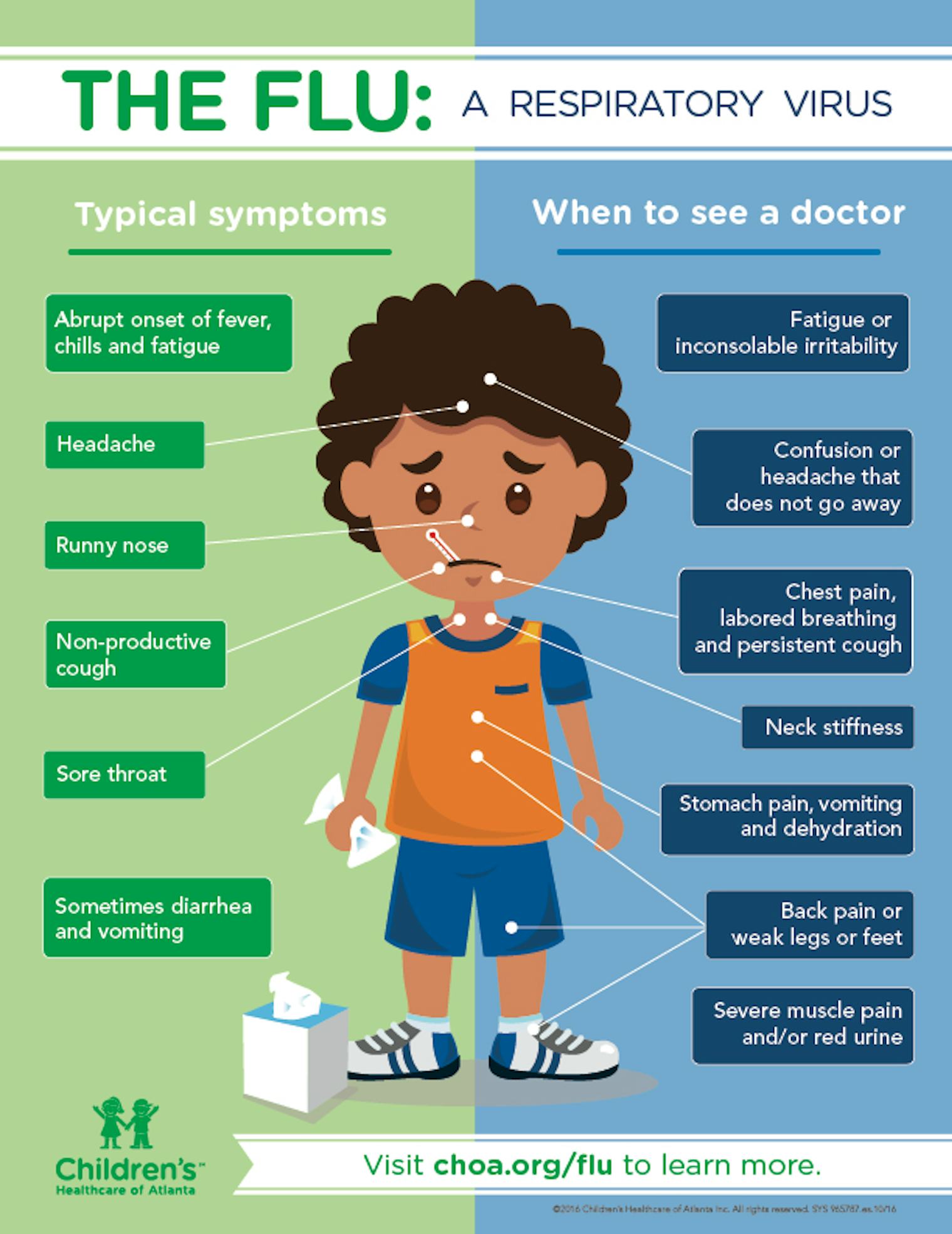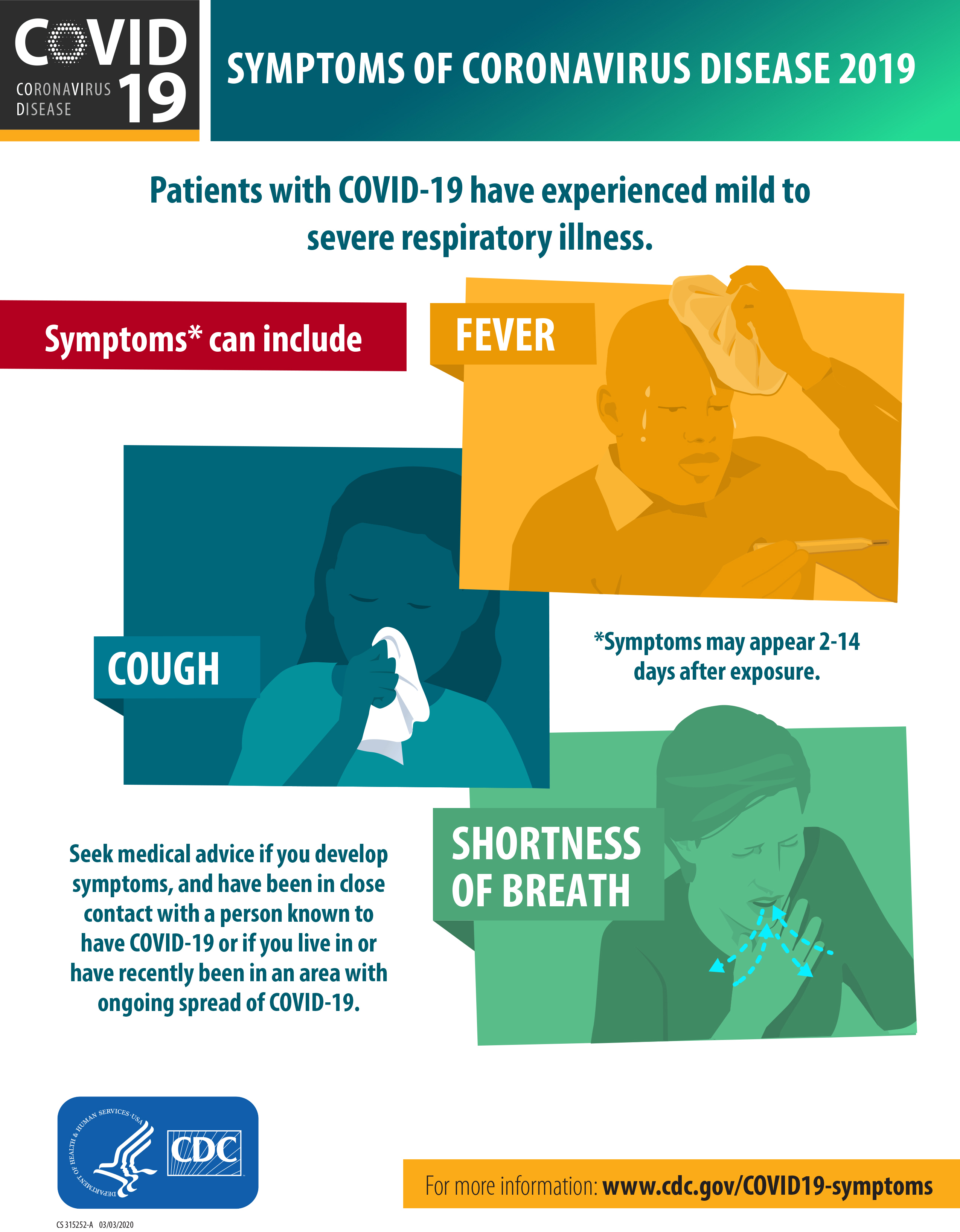When the temperatures drop, the dreaded flu season arrives, bringing with it the potential for widespread illness. Understanding "The Flu: Symptoms, Prevention, and Treatment" is crucial for staying healthy during this time.
Editor's Note: Explore "The Flu: Symptoms, Prevention, And Treatment" Published on [Today's Date] This comprehensive guide provides valuable information about the flu, its symptoms, preventive measures, and effective treatment options.
After extensive research and analysis, we have compiled this definitive guide to empower you with the knowledge and tools to navigate the flu season with confidence.
FAQ
This comprehensive guide offers clear and reliable information about influenza, commonly known as the flu, its symptoms, preventive measures, and available treatment options. Understanding these aspects can empower individuals to safeguard their health and well-being during flu season.
Question 1: What are the typical symptoms associated with the flu?
The flu manifests with an array of symptoms, including fever or chills, cough, sore throat, runny or stuffy nose, muscle or body aches, headaches, and fatigue. In severe cases, the flu may lead to complications such as pneumonia, bronchitis, or sinus infections.
Question 2: How can the flu be prevented?
Effective preventive measures include annual flu vaccination, regular handwashing with soap and water, covering coughs and sneezes, maintaining distance from infected individuals, and disinfecting frequently touched surfaces.
Question 3: What are the recommended treatments for the flu?
Treatment for the flu focuses on symptom relief and preventing complications. Over-the-counter medications, such as pain relievers and decongestants, can alleviate symptoms. Antiviral medications may be prescribed to reduce the severity and duration of the illness, especially for high-risk individuals.
Question 4: How long does the flu typically last?
The duration of the flu varies, but symptoms usually peak within 2-3 days and subside within a week. However, some individuals may experience lingering fatigue or cough for several weeks.
Question 5: When should medical attention be sought for the flu?
Individuals experiencing severe symptoms, such as difficulty breathing, persistent fever, confusion, or dehydration, should seek medical attention promptly. High-risk individuals, including the elderly, young children, pregnant women, and those with chronic health conditions, should also consult a healthcare professional if they develop flu-like symptoms.
Question 6: What are the potential complications of the flu?
In rare cases, the flu can lead to serious complications, including pneumonia, bronchitis, sinus infections, heart problems, and even death. These complications are more common in high-risk individuals and can be potentially life-threatening.
Remember, consulting with a healthcare professional for accurate diagnosis and guidance on the best course of action is essential. This guide provides general information, but individual circumstances and medical advice should always take precedence.
To learn more about the flu and stay informed about the latest developments, refer to reputable sources such as the Centers for Disease Control and Prevention (CDC) and the World Health Organization (WHO).
Tips to Prevent and Treat the Flu
The flu can be a serious illness, but there are steps you can take to prevent getting it or to treat it if you do get sick.
Tip 1: Get vaccinated.
The flu vaccine is the best way to prevent getting the flu. The vaccine is made with inactivated flu viruses, which means that it cannot give you the flu. However, it does provide your body with the antibodies it needs to fight off the flu virus if you are exposed to it.
The Flu: Symptoms, Prevention, And Treatment
Tip 2: Wash your hands frequently.
Washing your hands with soap and water is one of the best ways to prevent the spread of germs. Be sure to wash your hands before eating, after using the bathroom, and after coughing or sneezing.
Tip 3: Avoid touching your face.
Your hands can come into contact with a lot of germs throughout the day. When you touch your face, you can transfer those germs to your nose or mouth, which can make you sick.
Tip 4: Stay home if you are sick.
If you are sick with the flu, it is important to stay home from work or school to avoid spreading the virus to others.
Tip 5: Get plenty of rest.
When you are sick, your body needs time to rest and recover. Be sure to get plenty of sleep and avoid strenuous activity.
Tip 6: Drink plenty of fluids.
Staying hydrated is important for overall health, but it is especially important when you are sick. Fluids help to thin mucus and keep your throat from getting dry and irritated.
Tip 7: Use over-the-counter medications.
There are a number of over-the-counter medications that can help to relieve the symptoms of the flu. These medications include pain relievers, fever reducers, and decongestants. However, it is important to read the labels carefully and follow the directions for use.
Tip 8: See a doctor if your symptoms are severe.
In some cases, the flu can lead to serious complications, such as pneumonia or bronchitis. If your symptoms are severe, it is important to see a doctor right away.
By following these tips, you can help to prevent getting the flu or to treat it if you do get sick.
Summary of key takeaways:
- The flu is a serious illness, but there are steps you can take to prevent it or treat it.
- The flu vaccine is the best way to prevent getting the flu.
- Wash your hands frequently, avoid touching your face, and stay home if you are sick to prevent the spread of germs.
- Get plenty of rest, drink plenty of fluids, and use over-the-counter medications to relieve symptoms.
- See a doctor if your symptoms are severe.
Conclusion:
The flu is a common illness, but it can be serious. By following these tips, you can help to protect yourself from the flu and its complications.
The Flu: Symptoms, Prevention, And Treatment
The flu is a serious respiratory illness caused by influenza viruses. It can cause fever, cough, sore throat, runny nose, and body aches. The flu can be prevented by getting a flu shot and taking other precautions, such as washing your hands frequently and avoiding contact with sick people. If you get the flu, there are antiviral medications that can help to treat it.
Latest Flu Symptoms 2025 - Hugo Landon - Source hugolandon.pages.dev
- Symptoms: Fever, cough, sore throat, runny nose, body aches
- Prevention: Flu shot, hand washing, avoiding sick people
- Treatment: Antiviral medications
- Transmission: Droplets from coughs and sneezes
- Complications: Pneumonia, bronchitis, sinus infections
- High-risk groups: Young children, elderly adults, people with chronic health conditions
The flu can be a serious illness, but it can be prevented and treated. By getting a flu shot, taking other precautions, and getting treated promptly if you do get sick, you can help to protect yourself and others from the flu.

Flu Symptoms 2024 Treatment - Jere Theresina - Source aliabeleanor.pages.dev
The Flu: Symptoms, Prevention, And Treatment
The flu is a contagious respiratory illness caused by influenza viruses that can cause fever, sore throat, muscle aches, and fatigue. It is important to understand the symptoms, prevention, and treatment of the flu in order to protect yourself and others from this common illness.

Cold and flu symptoms and prevention. Signs, symptoms, and treatment - Source depositphotos.com
The flu is spread through droplets in the air when an infected person coughs or sneezes. These droplets can land in the mouths or noses of people who are nearby. The flu can also be spread by touching surfaces that have been contaminated with the virus and then touching your own mouth, nose, or eyes.
There are several ways to prevent the flu, including getting a flu vaccine, washing your hands frequently, and avoiding contact with people who are sick. There are also several treatments for the flu, including antiviral medications and over-the-counter medications to relieve symptoms.
Conclusion
The flu is a serious illness that can cause significant morbidity and mortality. Understanding the symptoms, prevention, and treatment of the flu is essential for protecting yourself and others from this common illness.
Getting a flu vaccine is the best way to prevent the flu. The flu vaccine is safe and effective, and it can help to protect you from getting the flu or from developing serious complications if you do get sick.




